
Philippe Sands
| Use attributes for filter ! | |
| Gender | Male |
|---|---|
| Age | 64 |
| Date of birth | October 17,1960 |
| Zodiac sign | Libra |
| Born | London |
| United Kingdom | |
| Spouse | Natalia Schiffrin |
| Job | Lawyer |
| Professor | |
| Author | |
| Film Producer | |
| Essayist | |
| Law professor | |
| Books | A Death in the Vatican |
| East West Street | |
| Principles of International Environmental Law | |
| Torture team | |
| Lawless World | |
| Bowett's law of international institutions | |
| Manual on International Courts and Tribunals | |
| The Availability of Article 11 Agreements in the Context of the Basel Convention's Export Ban on Recyclables: A Discussion Paper | |
| International Environmental Law: Emerging Trends and Implications for Transnational Corporations | |
| The Ratline | |
| Education | Corpus Christi College |
| Movies/Shows | A Nazi Legacy: What Our Fathers Did |
| Nationality | British |
| French | |
| Date of Reg. | |
| Date of Upd. | |
| ID | 572527 |
Philippe Sands Life story
Philippe Joseph Sands, KC is a British and French writer and lawyer at 11 King's Bench Walk and Professor of Laws and Director of the Centre on International Courts and Tribunals at University College London.
Ukraine's prosecutors wrestle with a new role: war crimes investigators
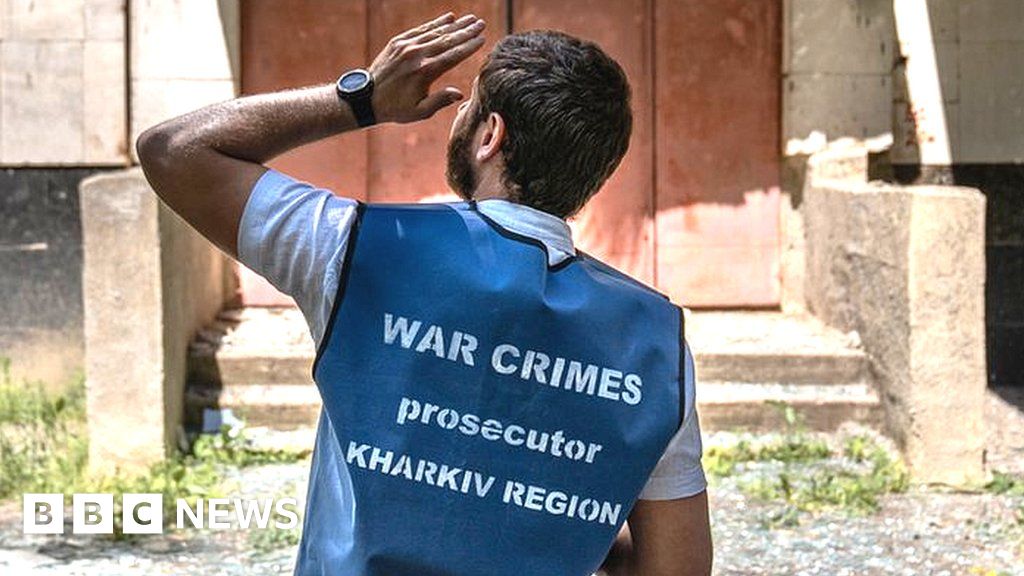
... " It is absolutely fine to be talking about potential war crimes, but the moment you set things in stone you make it easier for the other side to discredit your work, " said Philippe Sands, a UCL law professor who has served at the UN International Court of Justice and the European Court of Human Rights...
Russia's war: Do Bucha civilian killings amount to genocide?
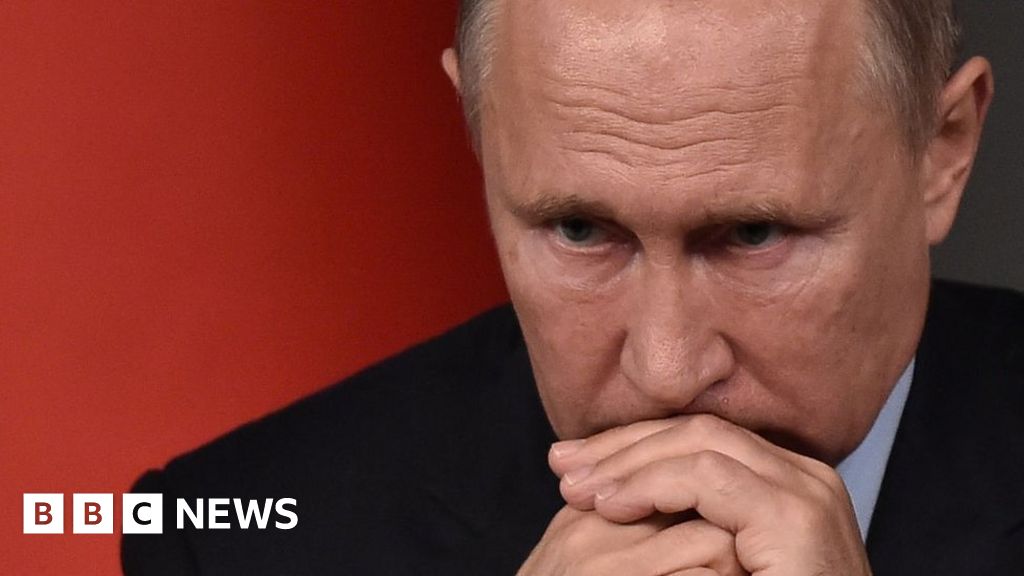
... For Philippe Sands, there appears to be evidence of war crimes given the targeting of civilians and the siege of the port city of Mariupol appears to be a crime against humanity...
War in Ukraine: Gordon Brown backs Nuremberg-style trial for Putin

... Ukrainian Foreign Minister Dmytro Kuleba and the former president of the UK Supreme Court Lady Hale have added their signatures to the petition - as have professor of international law Philippe Sands QC; former prosecutor for the Nuremberg Military Tribunal Benjamin Ferencz; Labour peer Helena Kennedy QC; and former president of the European Court of Human Rights Sir Nicolas Bratza...
What is a war crime, and could Putin be prosecuted over Ukraine?
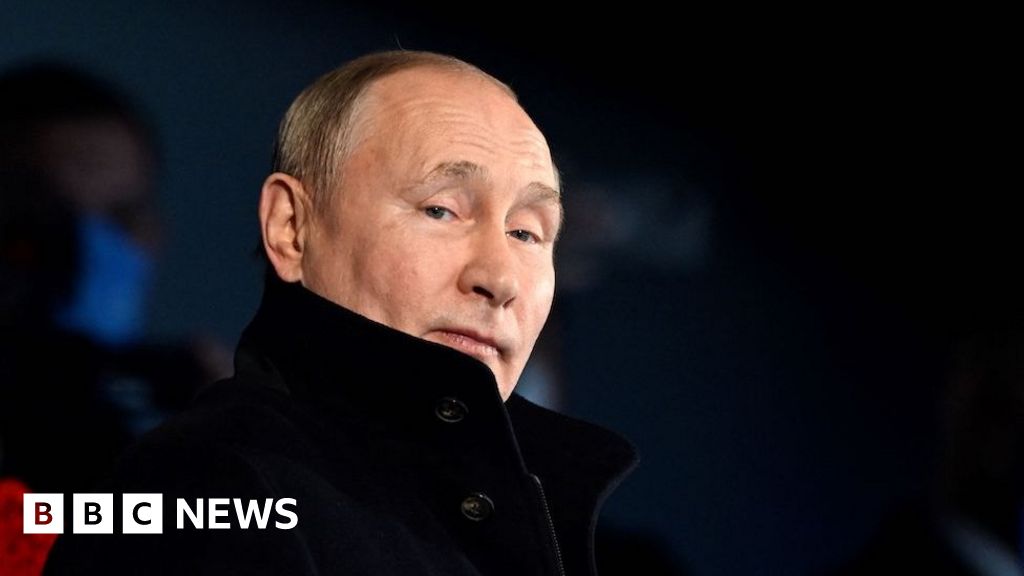
... Here s the problem: Professor Philippe Sands QC, an expert on international law at University College London, says the ICC couldn t prosecute Russia s leaders for this offence because the country isn t a signatory to the court...
Ukraine: Is Russia using cluster bombs?
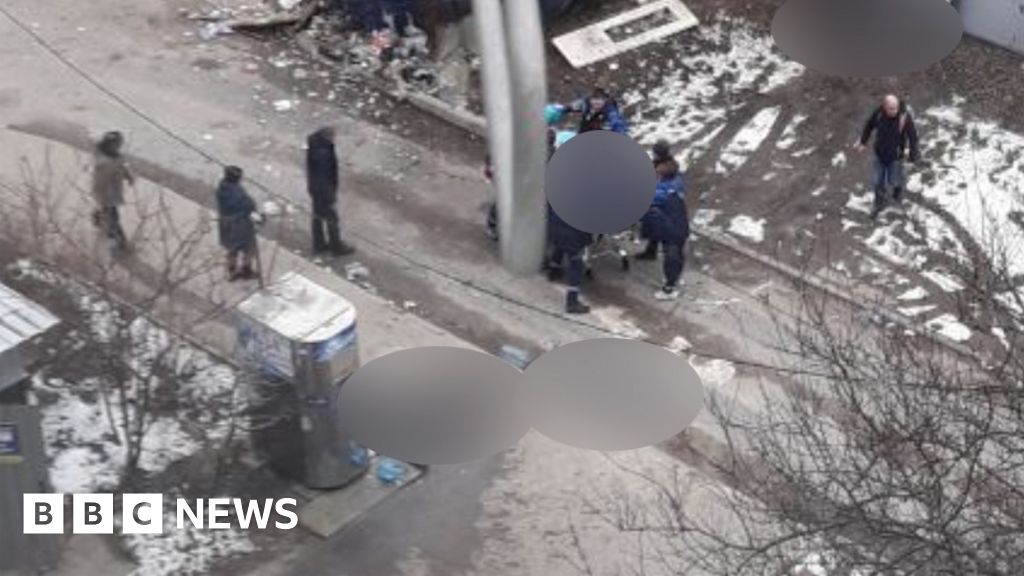
... Philippe Sands, professor of law at University College London, said that the scale of civilian casualties witnessed during the latest conflict in Ukraine suggests some intentionality...
Chagos islanders in emotional, historic trip home
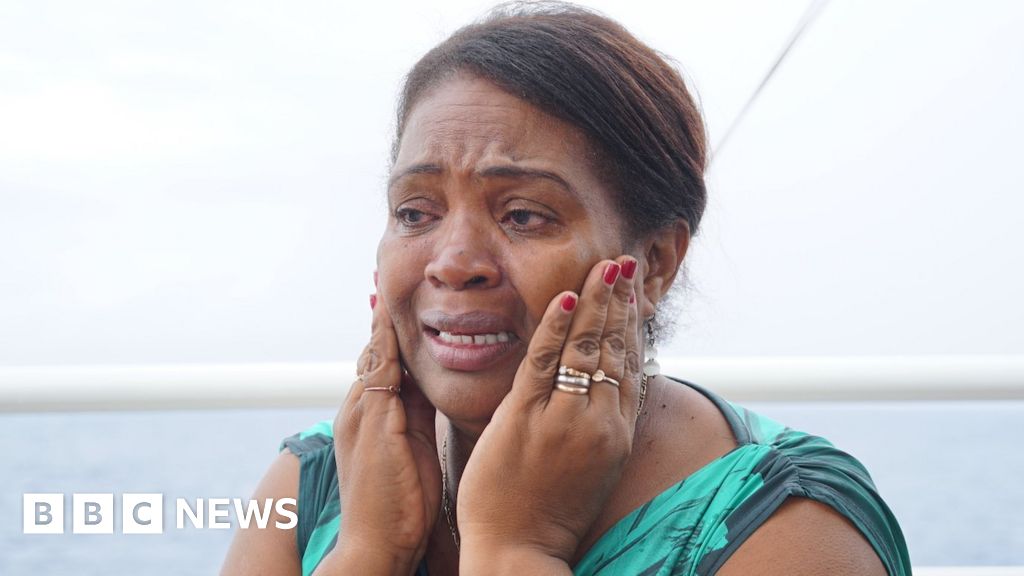
... It s a big deal for the Mauritian government, which has fought to get these islands back since independence, " said Philippe Sands, the British barrister representing the government in its legal battle with the UK...
FW de Klerk and the South African line about apartheid and crimes against humanity
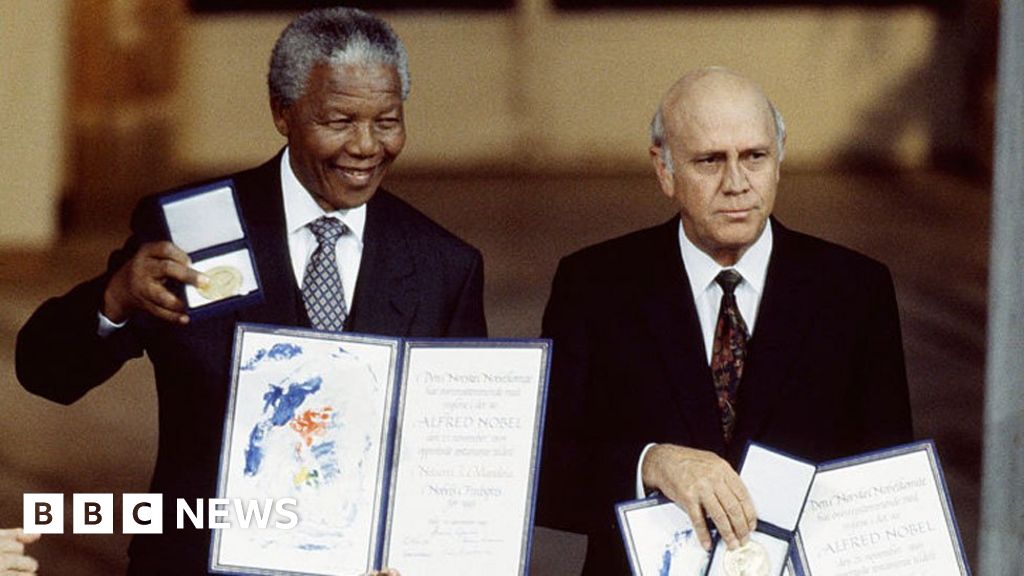
... shock, in de Klerk, the ignorance that is apartheid, It is not vulnerable and hopeless, today they claim, and has never been, a crime against humanity , said Philippe Sands, QC, professor and expert on international law...
Chagos Islands dispute: Britain accused of crimes against humanity of Mauritius
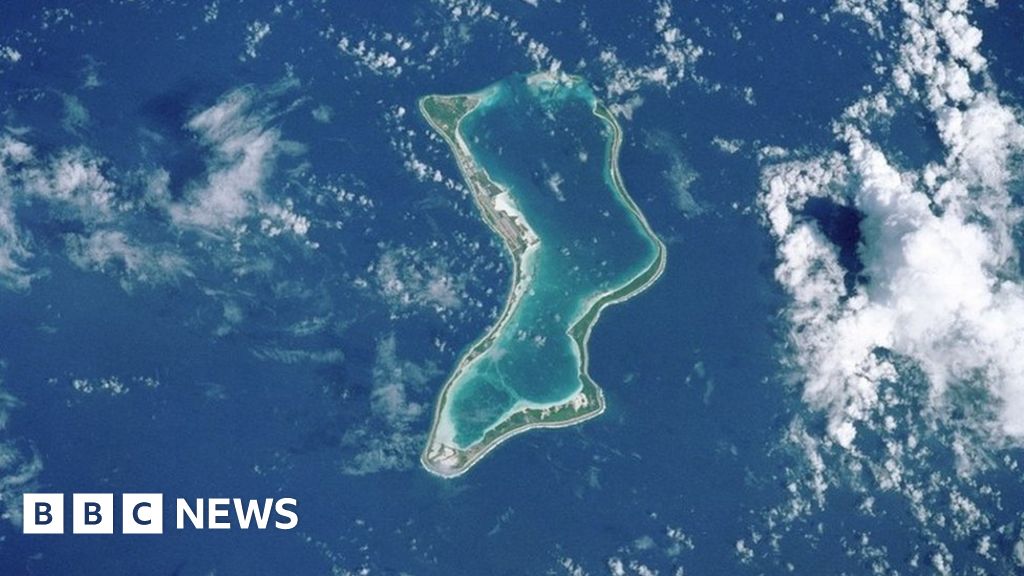
... Philippe Sands, a lawyer of the Mauritian government, said: the UK is found on the edge of itself as a pariah state...
Ukraine: Is Russia using cluster bombs?
Russia has been accused of using cluster bombs in Ukraine - and The International Criminal Court (ICC) has opened an investigation into possible War Crimes . We've taken a close look at one attack.
On 28 February Andriy (not his real name) was having a shower in his flat in Kharkiv when he heard loud explosions outside.
" I had to quickly dry myself, lying on the Wet Floor in a shaking house and listening to The Sound of Breaking Glass . "
The windows in his flat cracked and when he looked outside, several people were lying on The Floor . It was clear at least one of them was dead. They had been waiting by a water dispenser in The Street which Andriy himself had visited just minutes before.
Kharkiv's mayor later confirmed four people were killed.
The Bbc has analysed footage and spoken to eyewitnesses and experts to find out more about The Attack - just one of several in the current conflict that allegedly involved cluster munitions in residential areas.
News of The Event was first posted on Twitter at 13:06 local time. A video showed explosions and plumes of black smoke.
Another video, posted soon after, showed The Aftermath , with people motionless on The Floor .
By identifying some key Features - Such as the water dispenser and a shoe repair shop - we can confirm The Incident took place in a northern area of Kharkiv. There were multiple reports of Russian shelling on That Day .
We've also been sent further footage, shot around the same time of day but from further down The Street , 23 Serpnya Lane. (The name of The Street is a reference to 23 August 1943, when The City was liberated from German Nazi forces. )
Timestamped 12:46, the footage is filmed from inside a car driving towards The Incident . As it turns into 23 Serpnya Lane, there is a succession of quick explosions, And One person falls to the ground.
Cluster bombs in warWe showed these clips to four weapons experts, including Sam Cranny-Evans, a research analyst at The Royal United Services Institute, a defence Think Tank .
He says The Car footage is consistent with a cluster bomb attack as it shows " lots of small explosions in a relatively small area".
Cluster munitions are rockets or missiles that deploy a large number of small explosives. Usually they are fired from the ground, and as the projectile reaches its target, it opens up and disperses all its bomblets.
Weapons intelligence specialist Pete Norton agrees that The Evidence " correlates with the use of sub-munitions" - the individual bomblets in a cluster weapon. Norton notes that The Explosions in the video are " relatively small charges".
We also showed experts footage of the same attack from a different angle. They suggested a combination of rockets and cluster munitions appeared to have been used.
The use of cluster munitions has been criticised by Human Rights groups and some governments. When bomblets are released they scatter over wide areas, potentially harming people nearby.
There's also danger in The Aftermath . According to Mr Cranny-Evans, a rocket launcher can deploy up to 7,000 cluster bombs and usually about 2% of them don't detonate. These unexploded bomblets can kill or maim civilians Long After a conflict has ended, and are costly to locate and remove.
Over 100 countries are part of an international treaty which bans the making or use of these weapons, but Russia and Ukraine are not signed up and both have cluster munitions.
The Kremlin's spokesman Dmitry Peskov denied the use of these weapons on Tuesday.
The TargetRussia has been widely accused of hitting civilian targets deliberately, but in the case of the water dispenser attack, investigators from Amnesty International believe it's theoretically possible that there was an intention to strike the nearby headquarters of a company called XADO. The Building is on the same street from which Andriy witnessed The Attack .
XADO is a chemical company that is also understood to have made rifles. But there's no suggestion there was any manufacturing going on in the headquarters building, which is in a Residential Area .
Even if XADO was The Target , experts think cluster bombs should not have been used.
" If it was a target that was so important Russia had to launch a strike against it, you would use a missile with a High Explosive unitary warhead, " says Mr Cranny-Evans.
" A cluster munition is devastating and psychologically traumatic, but is ultimately ineffective if The People are in buildings. If you want to destroy a building you need a lot of high explosives, not lots of little explosions. "
The Bbc has contacted The Russian embassy in London for comment.
Russia attacks Ukraine : More coverage Weapons traced to RussiaThe Evidence points clearly to The Attack being carried out by Russian forces. Other images shared online show Russian sub-munitions dropped in the same neighbourhood on The Day of The Attack .
The Bbc is not responsible for the content of external sites.Amnesty International investigators contacted the individual who took the images, and said they were sent more images from The Scene of The Attack .
We've reviewed the images and have also seen damaged vehicles and shots of the wider area in which the cluster sub-munition was found. Metadata contained in the images confirms a creation date of 28 February.
The writing on The Image of the cluster sub-munition above shows that it was made in Russia in 2019, according to Amnesty. The Investigators say Russia stopped selling Such weapons to Ukraine in 2012.
What other evidence is there in other attacks?Other video footage, geolocated by The Bbc , shows a series of explosions in a north-eastern neighbourhood of Kharkiv, close to a Shopping Centre . Weapons experts have suggested these explosions are also consistent with cluster attacks.
Images have also emerged of an attack on a kindergarten in The Town of Okhtyrka. The Incident killed six people, including a child, according to The City 's mayor.
Before and after The Attack , there were several reports on Social Media that Russian troops were in the area.
Pictures of The Aftermath show bloodied bodies laying out the ground nearby, and holes in The Roof of The Building that are consistent with cluster bomblets, many experts say.
Reporters at open-source intelligence group Bellingcat geolocated a cluster munitions warhead which they believe was fired by a BM-27 rocket launcher based approximately 200m east of the kindergarten.
That attack led the Foreign Minister of Ukraine , Dmytro Kuleba , to accuse Russia of committing War Crimes . A Number of Western leaders have made similar allegations, and The International Criminal Court has opened an investigation into the claims.
War Crimes allegationsUnder International Law , only military targets can be attacked.
The Bbc spoke to Noam Lubell , a professor of International Law at Essex University and showed him footage of the attacks. He Said it raises serious concerns.
The First thing to consider is The Intended target and the precautions taken to avoid civilian harm.
Even if The Intended target had been military in the Kharkiv water dispenser attack, Prof Lubell says, The Attack could still be unlawful when it is in a civilian area. The means and methods of attack must be considered, as well as whether the expected harm to civilians outweighs the military advantage.
Prof Lubell added that " using explosive munitions that cause damage across a wide area in an urban environment is highly likely to fall foul of the prohibition on indiscriminate attacks, and at the very least warrants an investigation into possible violations of international humanitarian law".
Philippe Sands , professor of law at University College London, said that the scale of civilian casualties witnessed during the latest conflict in Ukraine suggests some intentionality.
" Just as I've been watching it from Day One , there have been consistent and regular reports of civilian objectives being targeted, either intentionally or otherwise, on a scale that suggests that this is maybe intentional. "
He added: " The impression that's been given us is that there is an effort to terrify the population. "
As for Andriy, he and His Family are now hiding in The Basement of a private nursery. But even below ground, they cannot escape the constant sound of shelling.
Source of news: bbc.com













